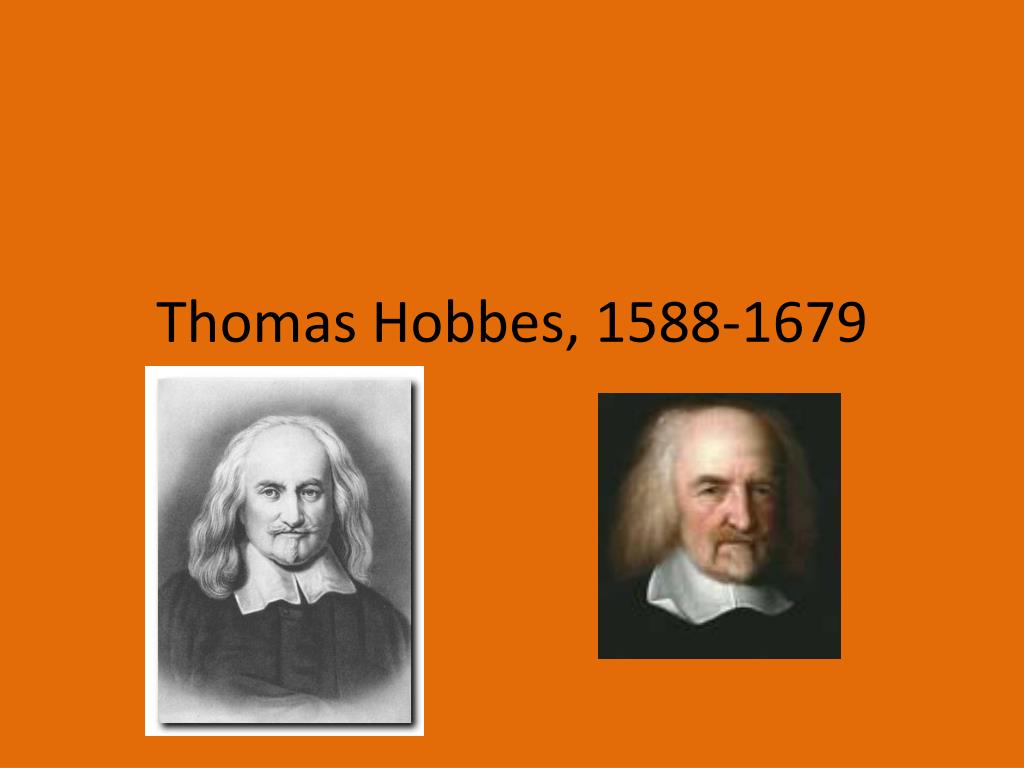



Lorenzo: If I survive long enough to get it! Right now it feels like my life is nasty, brutish, and short.Īlba: Don’t be so pessimistic. I can only grab a quick snack.Īlba: At least it will all be worth it when you get your degree! I never even have time to eat real meals. Lorenzo: All I do is study, study, study. This class is killing me.Īlba: Yeah, I know. Lorenzo: I’m so tired from studying so long.

The second example shows two university students who are complaining about a class. In other words, life without a central authority would be nasty, brutish, and short. In such condition there is no place for industry, because the fruit thereof is uncertain, and consequently no culture of the earth, no navigation nor the use of commodities that may be imported by sea, no commodious building, no instruments of moving and removing such things as require much force, no knowledge of the face of the earth, no account of time, no arts, no letters, no society, and which is worst of all, continual fear and danger of violent death, and the life of man, solitary, poor, nasty, brutish, and short.He believed that without a central government, there would be no culture, no society, and it would seem like all men were at war with one another. This expression comes from the author Thomas Hobbes, in his work Leviathan, from the year 1651. Origin of Life is Nasty, Brutish, and Short Published Date - Tuesday, 10 January 2023.Life is Nasty, Brutish, and Short Meaningĭefinition: How terrible life can be under certain conditions the natural state of man. Leviathan remains central to discussions of political philosophy to this day. Otherwise there is no order and “the war of all against all” will follow. He argues that society needs a state at its organizational heart, in politics, religion, the courts, and education. In the face of England’s radical-if temporary-rejection of its monarchy, Hobbes wanted to explain why it was important to have a strong central government-which in his time meant having a sovereign at its head.Īsking the reader to imagine what society would be like without a state, Hobbes justifies why the people of a nation should pledge their allegiance to a government. Thomas Hobbes wrote the book while exiled from his native England following the English Civil War that unseated King Charles I. First published in 1651, Leviathan drove important discussions about where kings get their authority to rule and what those kings must, in turn, do for their people.


 0 kommentar(er)
0 kommentar(er)
